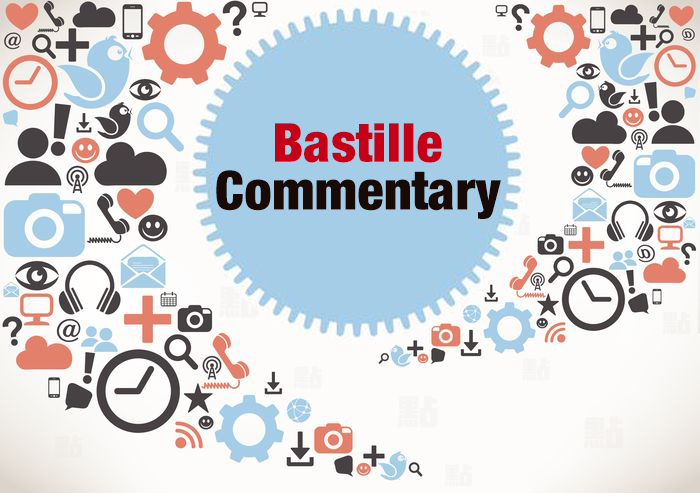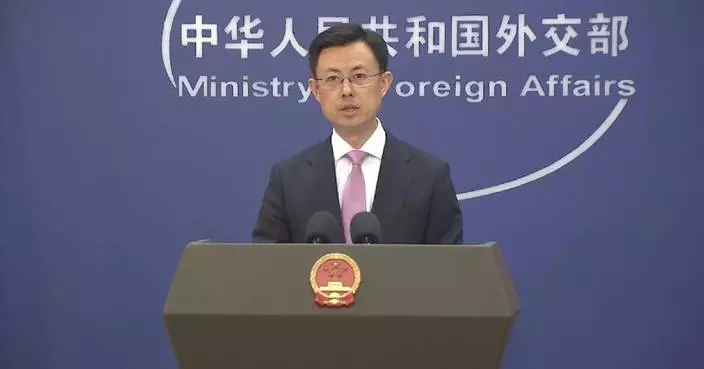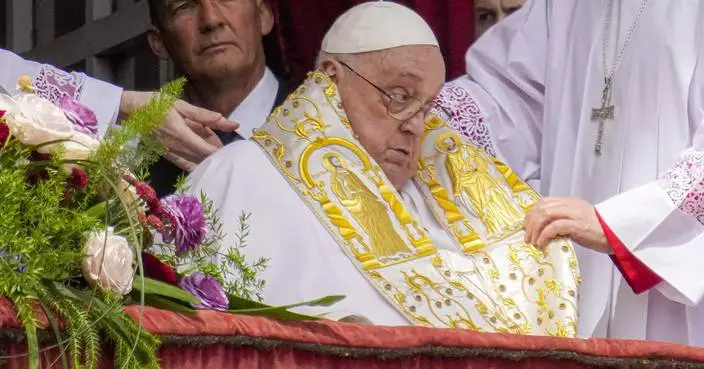The case against online news website “Stand News” has concluded with two chief editors and the parent company found guilty of "conspiring to publish seditious publications." Western governments, including the United States and the United Kingdom, promptly criticized the verdict, alleging that freedom of speech and the press are diminishing in Hong Kong. However, when compared to actions taken by these same Western governments, Hong Kong's measures appear relatively restrained.
In the United Kingdom, swift trials and severe sentencing have once again set a precedent. British Undersecretary of State (Foreign, Commonwealth, and Development Office), Catherine West, posted on the social media platform X, urging Hong Kong authorities to halt what she termed "political prosecutions" of journalists and to uphold the freedom of the press as stipulated in the Basic Law. This criticism is ironic given the UK's recent harsh sentencing of instigators of domestic riots.
On July 29, nationwide riots erupted across the UK following a knife attack at a children's dance school perpetrated by a member of a minority group. The British government responded by employing rapid trial and sentencing procedures reminiscent of those used during the 2011 London riots. By August 13, authorities had arrested 1,024 individuals, with 572 swiftly prosecuted. Many received immediate prison sentences ranging from several weeks to ten years, including an 11-year-old boy and a 69-year-old man.
By West's own standards critiquing Hong Kong, some of those heavily sentenced in the UK were merely engaging in what could be described as "free exchange of opinions" online, without participating directly in the riots. For example, 28-year-old Jordan Parlour from Leeds admitted to posting racially charged messages on Facebook and was sentenced to 20 months in prison, becoming the first individual sentenced in connection with the UK riots. Parlour's posts included statements such as, "smash [the] f--- out of Britannia hotel (a hotel housing migrants)". He also claimed in a comment on Facebook that migrants were given "the Life of Riley off the tax us hard-working people earn when it could be put to better use". Compared to the 11 articles by “Stand News” deemed seditious, Parlour's comments seem relatively minor. Notably, the maximum sentence for "sedition" in Hong Kong at that time was two years, making it unlikely that the defendants in the “Stand News” case will face harsher penalties than Parlour. In some instances, individuals in the UK received several weeks of imprisonment merely for reacting with supportive emojis to radical posts—outcomes unimaginable in Hong Kong.
Similarly, U.S. State Department spokesman Matthew Miller stated on X that the conviction of “Stand News” represents a direct attack on press freedom and tarnishes Hong Kong's reputation for openness. However, recalling the sentencing following the 2021 Capitol Hill riots, Enrique Tarrio, former leader of the right-wing group Proud Boys, was sentenced to 22 years in prison—the longest sentence among all defendants involved. Tarrio was convicted of "seditious conspiracy" despite not being physically present at the Capitol during the riots; he was coordinating activities online from a hotel in Baltimore. When comparing the 2021 Capitol Hill riots to the prolonged unrest in Hong Kong in 2019, the U.S. incident was relatively brief, yet one of its organizers received a 22-year sentence. By American standards, it raises the question of why Tarrio's sentence is not considered a violation of freedom of speech.
The situation in France further highlights this apparent double standard. A spokesperson for the European Union's External Action Service criticized the “Stand News” verdict as another example of shrinking press freedom in Hong Kong, warning that it could further limit diverse opinions and the free flow of information—both fundamental to Hong Kong's economic success. But look at what the French did. France recently arrested Pavel Durov, founder of the messaging app Telegram, accusing the platform of facilitating unchecked criminal activities. It’s noted that Telegram was widely used during Hong Kong's 2019 unrest, with several groups directly organizing riots through the app. Despite this, Hong Kong authorities have not taken action against such communication platforms, which often claim they cannot control the content shared by users. Now that France directly hit on a communication software provider, but the EU spokesperson says nothing about freedom of expression in France.
In summary, the United States and other Western governments often exhibit inconsistencies between their words and actions. The UK's handling of rioters and France's arrest of Telegram's founder inadvertently support the Hong Kong court's judgment in the “Stand News” case by demonstrating methods of addressing incitement to rebellion. Notably, the UK's rapid sentencing effectively quelled the riots within 11 days—an approach Hong Kong should seriously study and consider.
Wing-hung Lo
Bastille Commentary
** The blog article is the sole responsibility of the author and does not represent the position of our company. **












































